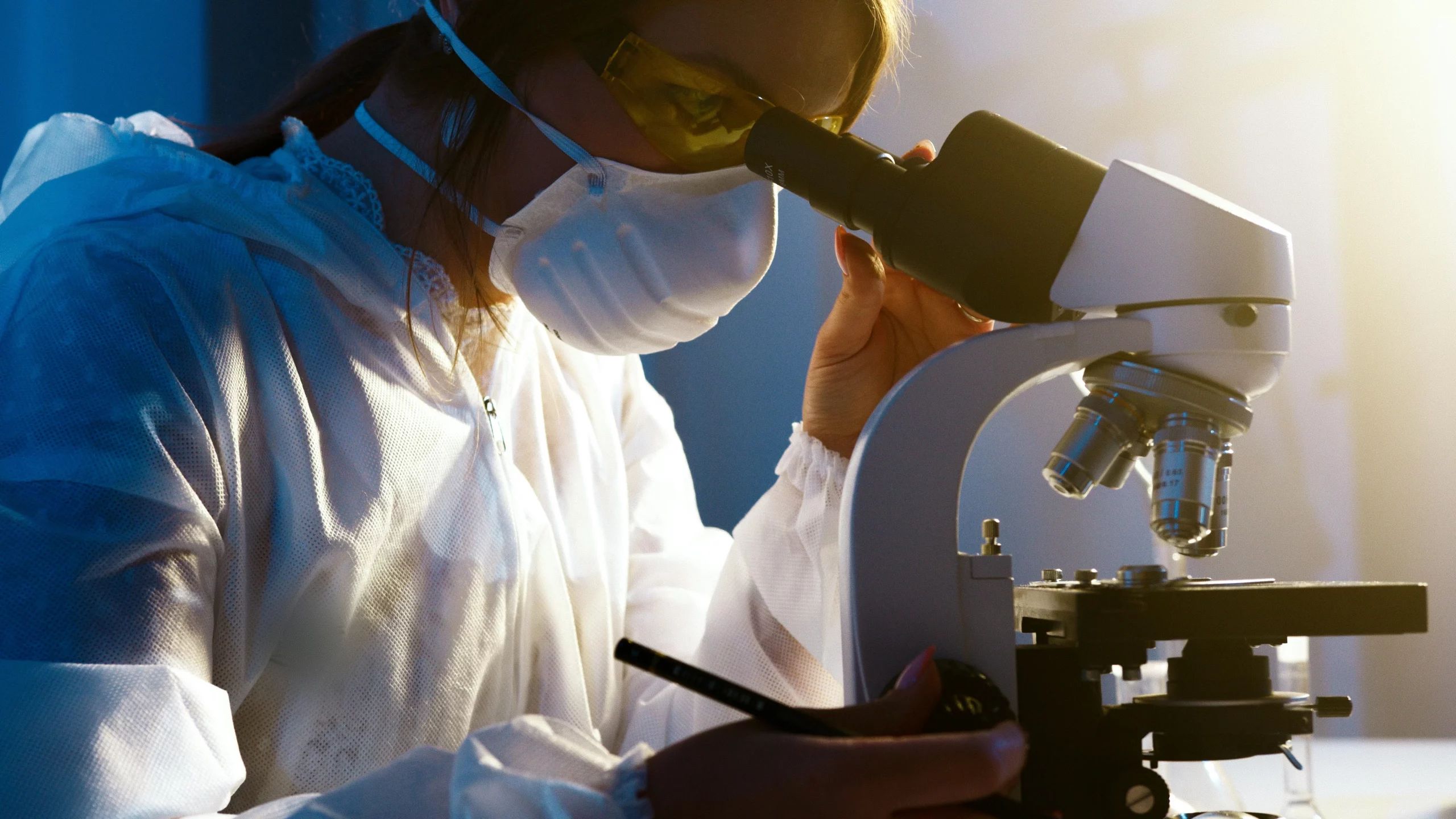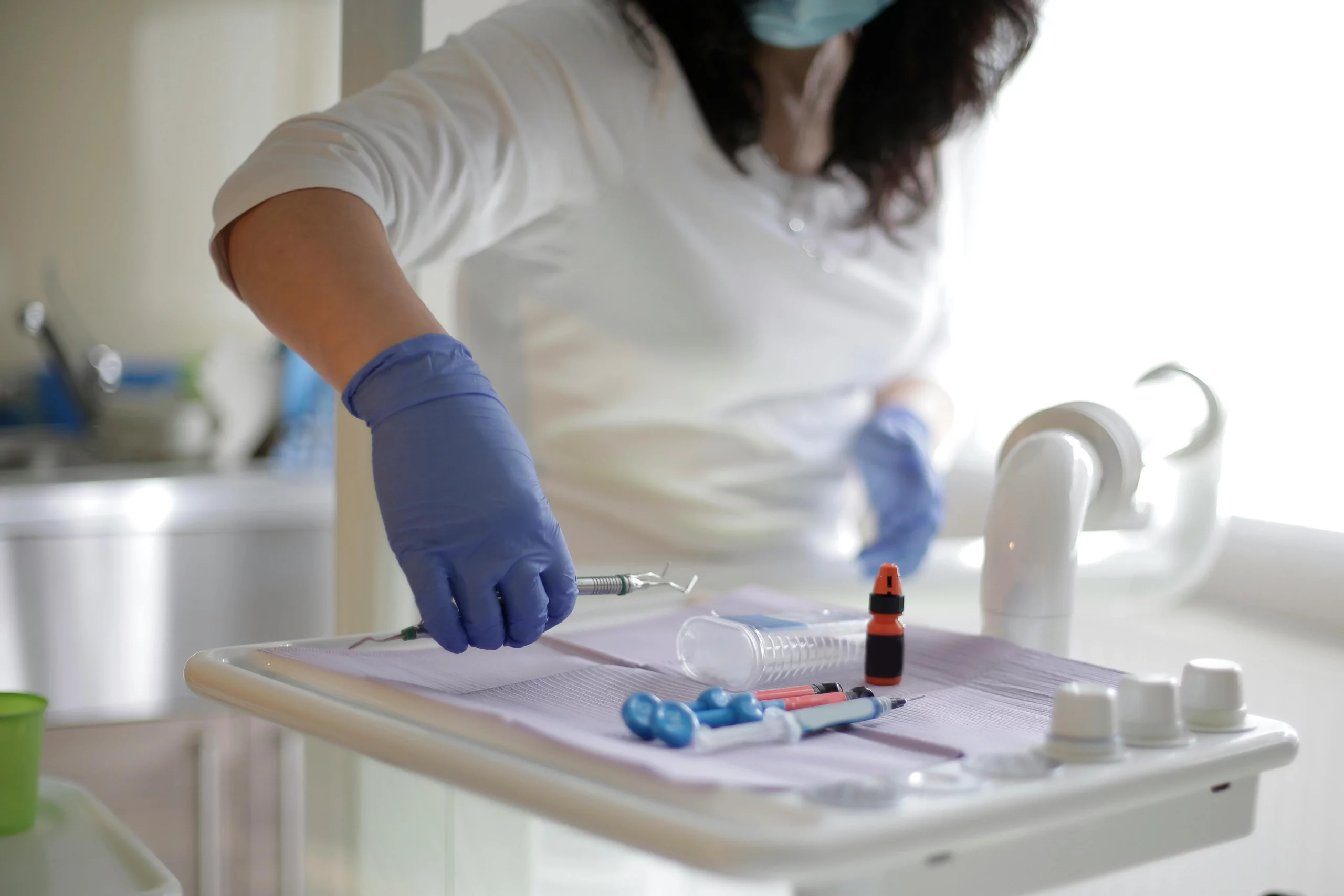What is a Medical Technician?
A medical technician is a trained healthcare professional who performs various laboratory tests and procedures to assist physicians in diagnosing, monitoring, and treating diseases and medical conditions. Medical technicians work in clinical laboratories, hospitals, clinics, and research facilities, where they handle patient samples, operate laboratory equipment, and ensure the accuracy and reliability of medical test results.
Medical Technician Job Description
We are currently seeking skilled and detail-oriented medical technicians to join our dynamic healthcare team. As integral members of our medical laboratory, successful candidates will be responsible for conducting a variety of diagnostic tests, analyzing specimens, and providing accurate medical data to support patient care and treatment decisions.
As a medical technician, you will have the opportunity to work with advanced laboratory technology, collaborate with interdisciplinary healthcare team members, and contribute to the delivery of high-quality patient care.
The ideal candidates will possess strong analytical skills, attention to detail, and a commitment to maintaining the highest standards of laboratory practice and quality assurance.
What Does a Medical Technician Do?
- Specimen Collection and Processing: Collect, label, and process patient specimens, including blood, urine, tissue, and other bodily fluids, following established protocols and safety procedures to ensure specimen integrity, traceability, and accurate test results.
- Prepare specimens for analysis by centrifugation, aliquoting, and specimen preservation, ensuring proper handling, storage, and transportation of specimens according to laboratory guidelines and regulatory requirements.
- Perform routine and specialized laboratory tests, analyses, and procedures on patient specimens using automated laboratory equipment, manual techniques, and analytical instruments, following standard operating procedures (SOPs) and quality control protocols to produce reliable and accurate test results.
- Data Analysis and Interpretation: Analyze medical test results, data, and findings, interpreting test outcomes, identifying abnormal results, and flagging specimens for further review or retesting as necessary to ensure accuracy, precision, and clinical relevance of medical data.
- Document and record test results, observations, and quality control data accurately and completely in laboratory information systems (LIS) or electronic medical records (EMRs), maintaining comprehensive and organized medical records for reference, analysis, and reporting purposes.
- Quality Assurance and Compliance: Perform and document routine maintenance, calibration, and quality control procedures on laboratory equipment and instruments, troubleshooting technical issues, and ensuring equipment performance and accuracy according to manufacturer specifications and regulatory standards.
- Adhere to laboratory safety protocols, infection control practices, and biohazardous waste management procedures, maintaining a clean, safe, and sterile laboratory environment and minimizing occupational hazards, risks, and exposures for laboratory personnel and patients.
- Participate in proficiency testing, quality improvement initiatives, and regulatory compliance activities, including laboratory accreditation inspections, audits, and assessments, ensuring adherence to laboratory accreditation standards, regulatory requirements, and best practices in laboratory medicine.
- Communication and Collaboration: Communicate effectively and professionally with healthcare providers, laboratory staff, and other interdisciplinary team members, providing timely and accurate medical test results, interpretations, and recommendations to support clinical decision-making, patient care, and treatment planning.
- Collaborate with pathologists, medical technologists, and other laboratory professionals to troubleshoot technical issues, resolve discrepancies, and ensure the accuracy and reliability of medical test results and reporting, promoting teamwork, communication, and accountability in the laboratory setting.
How Much Do Medical Technicians Make?
The average salary for a Medical Technician is $44,154 per year in US.
Skill Requirements
- Analytical Skills: Medical technicians must possess strong analytical skills, attention to detail, and critical thinking abilities to perform medical tests, interpret test results, troubleshoot technical issues, and ensure the accuracy and reliability of medical data and findings.
- Technical Proficiency: Medical technicians should demonstrate proficiency in operating laboratory equipment, analytical instruments, and laboratory information systems (LIS), including centrifuges, microscopes, spectrophotometers, and automated analyzers, to perform medical tests and analyses accurately and efficiently.
- Attention to Detail: Medical technicians must demonstrate meticulous attention to detail in specimen handling, processing, testing, and documentation, ensuring accuracy, precision, and compliance with laboratory protocols, quality control procedures, and regulatory standards in laboratory practice.
- Communication Skills: Effective communication skills, both verbal and written, are essential for medical technicians to interact with healthcare providers, laboratory staff, and patients, conveying medical test results, findings, and recommendations clearly, accurately, and professionally to support patient care and treatment decisions.
- Problem-Solving Abilities: Medical technicians should exhibit strong problem-solving skills, adaptability, and resilience in troubleshooting technical issues, resolving discrepancies, and addressing challenges encountered in medical testing, analysis, and quality assurance processes to ensure efficient laboratory operations and patient safety.
- Professionalism and Ethics: Medical technicians should uphold professional standards of practice, ethical principles, and regulatory requirements in laboratory medicine, including patient confidentiality, integrity, respect, and accountability, to maintain trust, credibility, and ethical conduct in laboratory practice.
- Continuous Learning and Professional Development: Medical technicians are encouraged to engage in ongoing learning, continuing education, and professional development activities to enhance laboratory skills, expand knowledge of laboratory medicine, and stay current with advances in medical technology, diagnostic techniques, and quality assurance practices.
Example KPIs for a Medical Technician
- Medical Test Turnaround Time: This KPI measures medical technicians’ efficiency in performing and reporting medical tests within established turnaround time (TAT) targets, ensuring timely availability of medical test results to support clinical decision-making, patient care, and treatment planning.
- Accuracy and Precision of Medical Data: This KPI evaluates medical technicians’ accuracy and precision in performing medical tests, maintaining quality control, and ensuring the reliability and reproducibility of medical data and findings, using proficiency testing, quality control data, and error rates to monitor laboratory performance and test accuracy.
- Laboratory Equipment Maintenance: This KPI assesses medical technicians’ effectiveness in performing routine maintenance, calibration, and quality control procedures on laboratory equipment and instruments, ensuring equipment reliability, performance, and compliance with manufacturer specifications and regulatory standards.
- Adherence to Safety Protocols: This KPI measures medical technicians’ adherence to laboratory safety protocols, infection control practices, and biohazardous waste management procedures to minimize occupational hazards, risks, and exposures for laboratory personnel, patients, and the community.
- Quality Improvement Participation: This KPI evaluates medical technicians’ participation in quality improvement initiatives, proficiency testing, and regulatory compliance activities to enhance laboratory operations, improve medical test accuracy, and ensure compliance with laboratory accreditation standards and regulatory requirements.
How Can Glider AI Help You with Hiring a Medical Technician?
Glider’s recruitment platform is designed to prioritize competency over credentials, enabling organizations to assess candidates’ skills objectively and efficiently. Utilize Glider AI Skill Intelligence™ to streamline the hiring process, identify top-quality Medical Technician candidates, and ensure a mobile-first, candidate-friendly experience.
Glider AI’s Unique Features
- Verify Medical Licenses
- Validate Hundreds of Medical, Clinical, and Technical Skills
- Ensure Hiring Compliance
- Conversational Chatbot for Talent Screening
- Powerful candidate analytics
- Streamline Healthcare Hiring with AI and Automation
Go ahead and spotlight your Medical Technician with Glider AI today!
Schedule a Demo or contact us at info@glider.ai



